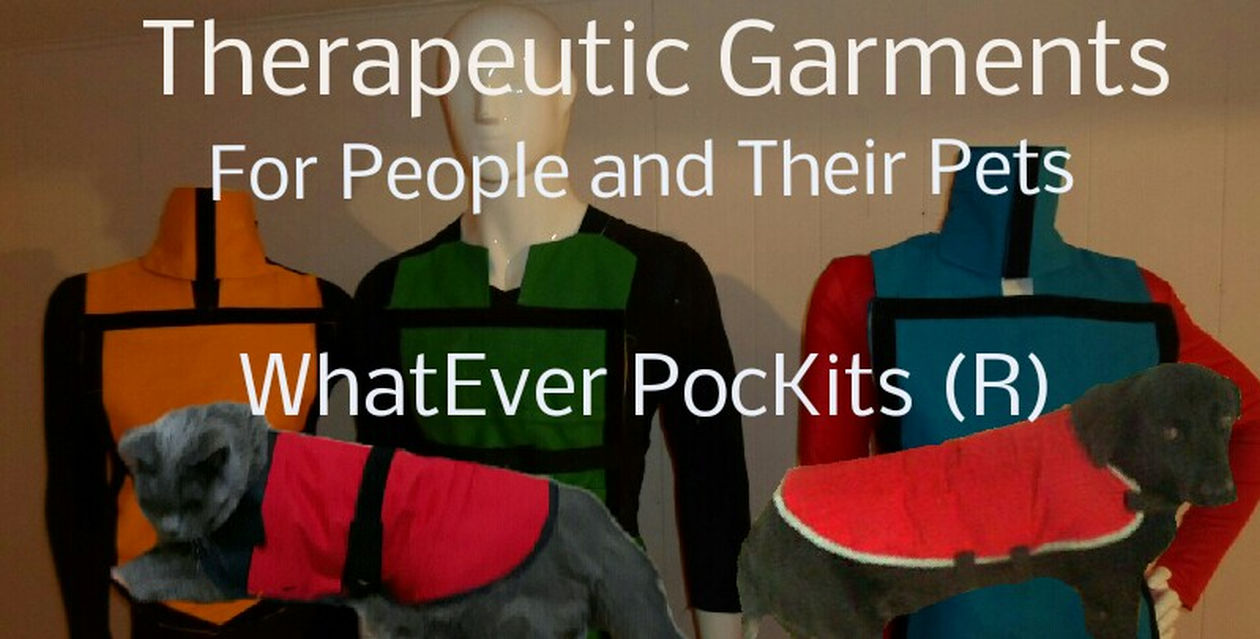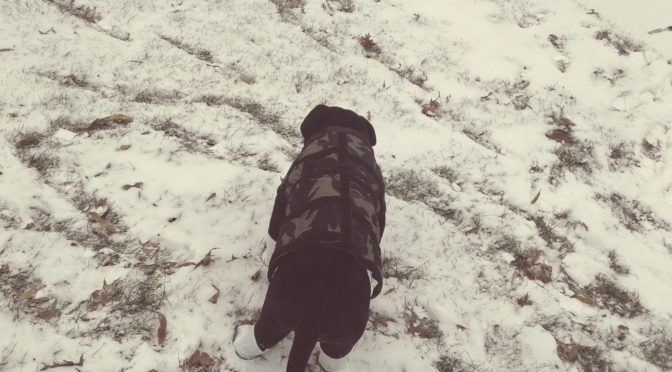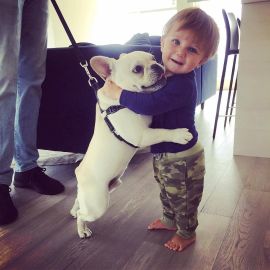Hunting dogs do they make good house pets?
Hunting Dogs
Long ago, the bond between man and dog was created. I would like to think it was a symbiotic relationship to benefit both species. Somewhere through the ages they became inseparable, both needing each other for help, affection, devotion and protection. Even in our current times, that has not changed, although we usually don’t have to fight wild animals with our dogs.
The hunting dog’s natural instinct compels it to be fiercely loyal to it’s family and most are exemplary members. Hunting dogs have been cross-bred for decades to accentuate certain qualities that are desired for seeking and catching prey. Let’s look at some of the types of hunting dogs that would make a great house pet.
Types of Hunting Dogs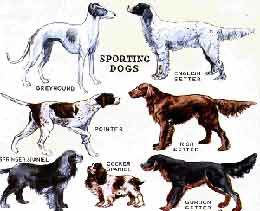
Retrievers
The Golden Retriever, Labrador Retriever and Chesapeake Bay Retriever are all included in this group. As their name implies, their job is to retrieve game that has been killed by the hunter. They are smart, easygoing, loyal and protective. As hunting dogs go, they are one of the most popular dogs for families in the US.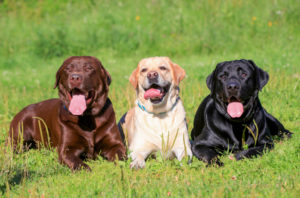
Setters
Bred to flush out game birds, Setters have the ability to pick up a bird’s scent even while it’s flying! Amazing. They are equipped with long hair to protect them from the elements and are a fairly large dog. The hunting dogs in this group include the Irish and English Setter, both well known for their colorful beauty and comical nature. They make great companions.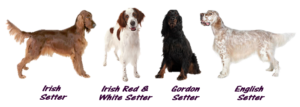
Pointers
Sometimes the Setters and the Pointers are grouped together, but there are a few differences in the breeds. Pointers ordinarily have a short, oily coat to repel water. They also are known for “pointing” by raising a front leg to indicate where the wild game is. As hunting dogs go, the Weimaraner and German Pointer are considered intelligent and loyal and would make good family pets.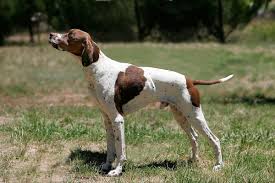
Scent Hounds
There are many types of hunting dogs in this category, such as the Beagle, Coonhound and Bloodhound. They track prey with their noses, sometimes for long distances. They are very sociable and easily fit in with a busy family. Some other breeds include the Dachshund and the Basset Hound, all family favorites because of their interesting personalities.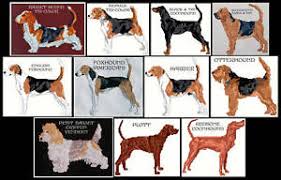
Spaniels
Spaniels are hunting dogs that can venture into brush and flush out a game bird or animal. This group includes the Brittany and English Springer Spaniels, both friendly, family oriented types of dog with lots of love to offer. They’ve been known to be quite silly at times, and also require plenty of exercise.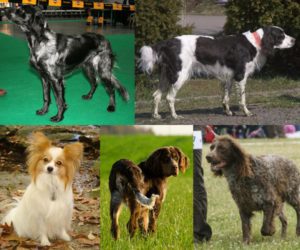
Terriers
The Terrier hunting dogs have been used in the past to catch rats, vermin and small animals. With their small stature, they can crawl down a hole and easily take care of any burrow resident. The breeds include the Jack Russell and West Highland Terrier, among others. They can be easy to travel with, but sometimes are impatient with children. They are affectionate and loving to their families though, and would make a good house pet.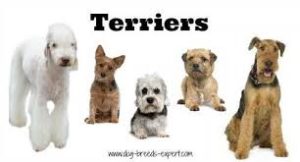
So, to answer the question put before us…Yes, hunting dogs make good house pets! Overall, they are loyal, affectionate, protective and forgiving. They are a great addition to the family.
